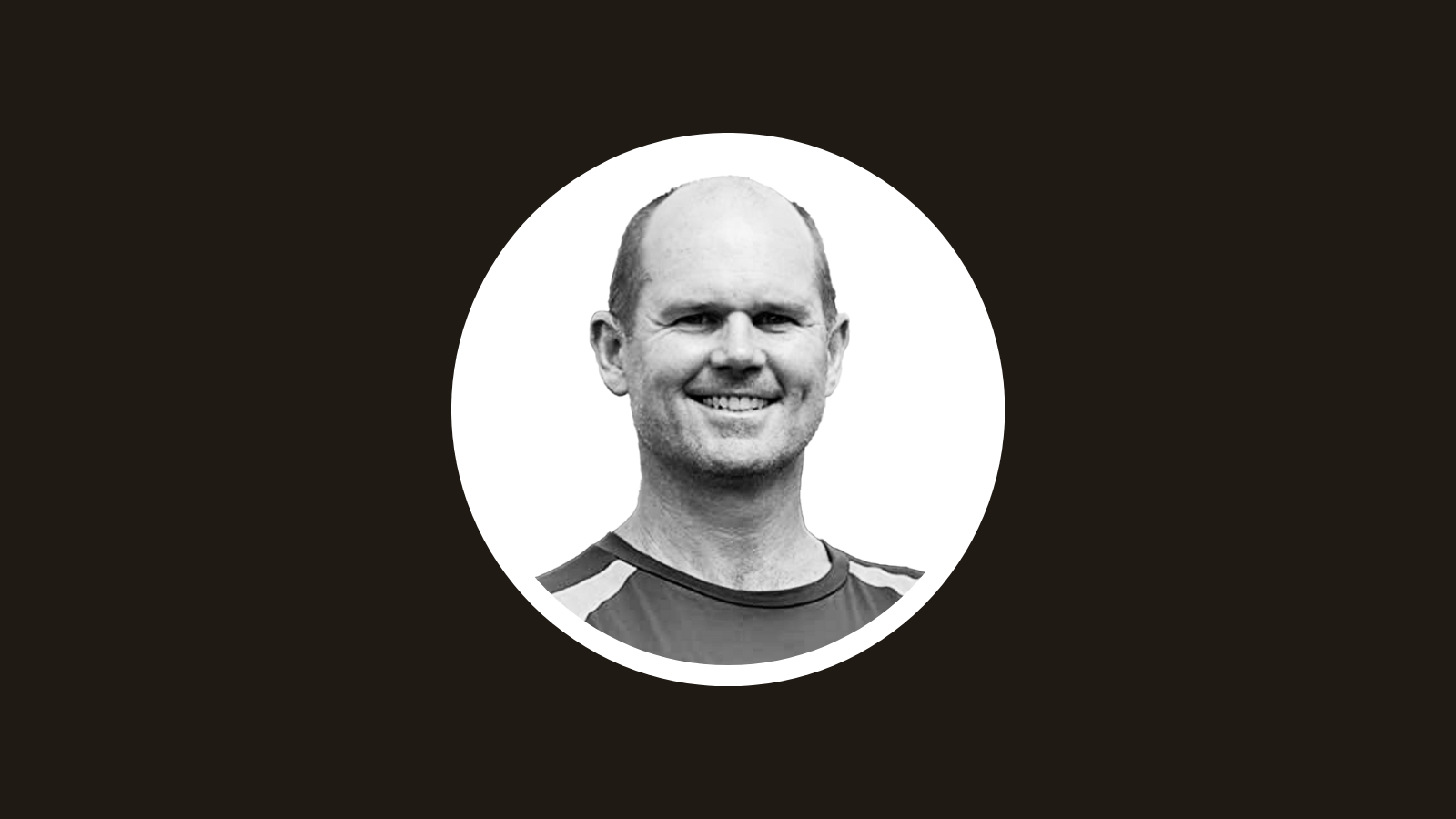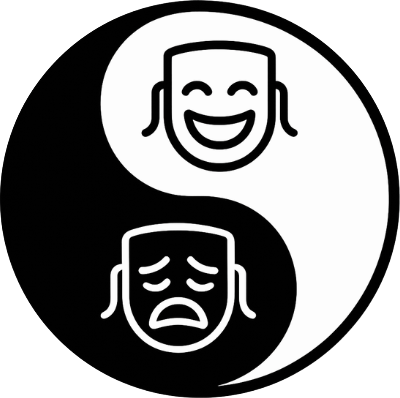#Verified: Dr Michael Lloyd
For sixteen years, Dr Michael Lloyd was the lead psychologist at Cricket Australia. During this time, he worked with some of the world's best cricketers – through both the sublimely good and the extremely challenging.
Now sport psychologist at Queensland Cricket, Michael talks to us about navigating rejection, self-doubt, and celebrity, as well as the foundation stones of peak performance. All of which can be directly applied to our journey on the actor's path.

You've worked with some of Australia's best athletes. What distinguishes these individuals in the top 1%?
Michael Lloyd: You generally see there's good self-awareness, good work ethic, good process, good self-management. It doesn't come as any great surprise that those performers are slightly better than some of the others. They're some of the key things that I've found across lots of sports and performance contexts.
Constantly performing at 110% is as unrealistic for actors as it is for athletes – even those at the top. How do you coach your athletes to handle their "off" days?
ML: First and foremost, we all have "off" days, and that's okay. Very rarely – particularly from an elite performance perspective – are we not trying to be at our best. It's important for us to still try to give our best irrespective of how we might feel. On any given day, you might only feel 60 or 70%, but you can still commit to trying to give 100% of that 60 or 70.
There's some interesting research into areas where we can't really afford to have "off" days – be it at NASA with some of their astronauts or at some of the big medical schools with their surgeons. We can't afford them to be turning up and thinking, "I'm having an 'off' day". If you're the person lying on the gurney, you don't necessarily want to hear that they might not be feeling at their best. You want them to be clear about the task at hand and committed to the processes that give them the opportunity to perform at their best.
On this, you've conducted extensive research into pre-performance states. Where do you start when introducing this practice?
ML: An awareness that optimal performance doesn't happen by chance. We all have different routines and processes that allow us to be at our best, so it's important to periodically reflect and refine. Ask, "Why do I approach things these ways?", "How do they help/hinder?", and just see if there could be little ways of doing it better.
Sometimes it's good to have a respected peer/coach/mentor and say, "This is what I'm trying to do, this is how I'm trying to do it. Do you think there are certain ways that I might be able to enhance or improve my performance?".
Actors frequently encounter rejection, which can be a hard reality to face. Athletes also confront regular setbacks – how do you help them navigate this?
ML: One thing we try to do is maintain some kind of perspective, and understand that the more we push ourselves and the better we try to perform, there will be different challenges. That's the nature of the environment. It's really important to have a peer, a mentor, a coach – someone who can help us maintain a bit of perspective.
Also, understand that no one thing should or does define us. Look to act in a way that's congruent with our values and who we want to be, as a person first, then as an actor or sportsperson second. This helps guide us through some of these challenging times and hopefully buffers us from the ups and downs.
Self-doubt is another commonality actors and athletes share. Are there any strategies you've found particularly beneficial in managing this?
ML: The brain is trying to look after us and keep us safe. At any given time, it will ask, "Are you ready for this?", "Do you know what's coming up?", "Do you know what could go wrong?". Part of its role is to identify what could put us at risk. We need to be aware of that, understand what it's trying to do, and try not to fight it so much. It's there with good intention. Even though it might create what we perceive as negative tension, it's acting with good intent.
It's also really important to remember that you can't necessarily just "think" yourself to great performance – you still have to have done the work. There's a difference. If you've done the work, there's an opportunity to embrace the challenge and think, "Okay, this is great! I'm actually excited, I'm actually looking forward to something, I'm actually invested in this, I actually care!".
Taking a slight left turn, you've worked with numerous sporting "celebrities". Is there anything you wish up-and-comers knew about life in the public eye?
ML: The sense of "celebrity" isn't all that it's cracked up to be. While there can be great upside, there can be significant downside as well. Part of celebrity is that there's additional scrutiny, there's additional familiarity. Because you're in the public eye, people feel a little more familiar with you. And with that familiarity, they're more inclined to share – or impose – their views and opinions upon you.
You need to have a very good understanding of who you are, who you want to be, and also who and what is important to you. You can be swept up into a distorted reality, so you need a great sense of self.
Peak performance requires a solid foundation. In addition to this self-awareness, what do you consider fundamental to well-being?
ML: Our physical wellness is our bedrock. Sleep is number one. If Mother Nature hadn't designed us to sleep a third of our lives, we wouldn't. Then nutrition, hydration, and physical activity.
Have other things in your life that allow you to have identity and self-worth. Also important is the concept of "care-free" time – just being able to have some kind of release. Similarly, staying 'connected' is incredibly valuable – having a person or people in your life who understand and 'get' you, and whom you trust and know have your best interests at heart.
How do you think about work/life balance when it comes to peak performers?
ML: It's very individual. For an elite performer, that sense of "balance" might be slightly different to the general population. Often, there are peaks and troughs. We might not be able to have the same degree of balance when we're in an elite performance phase. So [understanding], "Within this context, balance looks like this for me".
I encourage people to use a simple traffic light system: green, amber, and red. Having an awareness of what our green is (when we're at our best) and the things that are the earliest possible indicators that that's turned to amber – with the ultimate goal of avoiding red.
Michael's qualifications: BA (Hons) Psychology, Master of Psychology (Sport & Exercise), Doctor of Psychology (Sport & Exercise).
Big props to Michael for his time. If you'd like to say hello to Michael, let him know you're from the Dojo 👊
